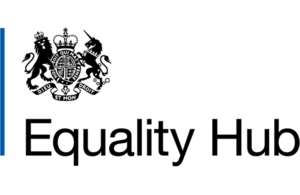Reflecting on our relationship with the International Criminal Court after 20 years of the Rome Statute
Thank you, Madam Chair, and many thanks to Ireland for convening this important meeting. I’m also grateful to the Prosecutor and to our distinguished briefers for their powerful remarks — and the UK does, of course, align itself with the statement read out by Mexico on our behalf.
International criminal justice and accountability is a fundamental element of the United Kingdom’s foreign policy, and as the first and only permanent Court of its kind, the ICC marks a significant step in global efforts to end impunity for the most serious crimes of international concern. As we celebrate the 20th anniversary of the entry into force of the Rome Statute, the UK remains a strong supporter of the Court’s work. In this spirit, we note the obligation of States Parties to cooperate with the Court under the Rome Statute, and we also call on all States to cooperate with the Court where there are UN Security Council Resolutions which require this. At the same time, we continue to urge the Council to consider steps to address non-compliance issues when they occur.
The Security Council is charged with ensuring international peace and security, but too often it has failed to protect civilians from mass atrocity crimes – genocide, war crimes, and crimes against humanity. This risks impairing its credibility in the eyes of the wider UN membership, and of the public. This is why the United Kingdom, alongside 122 other Member States, is proud to have joined the Code of Conduct regarding Security Council action against genocide, crimes against humanity and war crimes. In doing so, we have committed not to vote against any credible draft resolution intended to prevent or halt mass atrocities.
Chair, Russia’s illegal invasion of Ukraine, and the reports of atrocities and deliberate attacks on civilians, have led to the largest ICC referral in its history. The United Kingdom is proud to have played a leading role in that effort, which secured the support of 42 other countries. The ICC investigation is already underway and we will make every effort to assist it and other ICC investigations consistent with respect for the Court’s independence.
We will continue to demonstrate our support for the Court, and to work together with States Parties and the Court, to ensure that the Court delivers justice for victims, and accountability, in respect of the most serious crimes of international concern.
Thank you.
